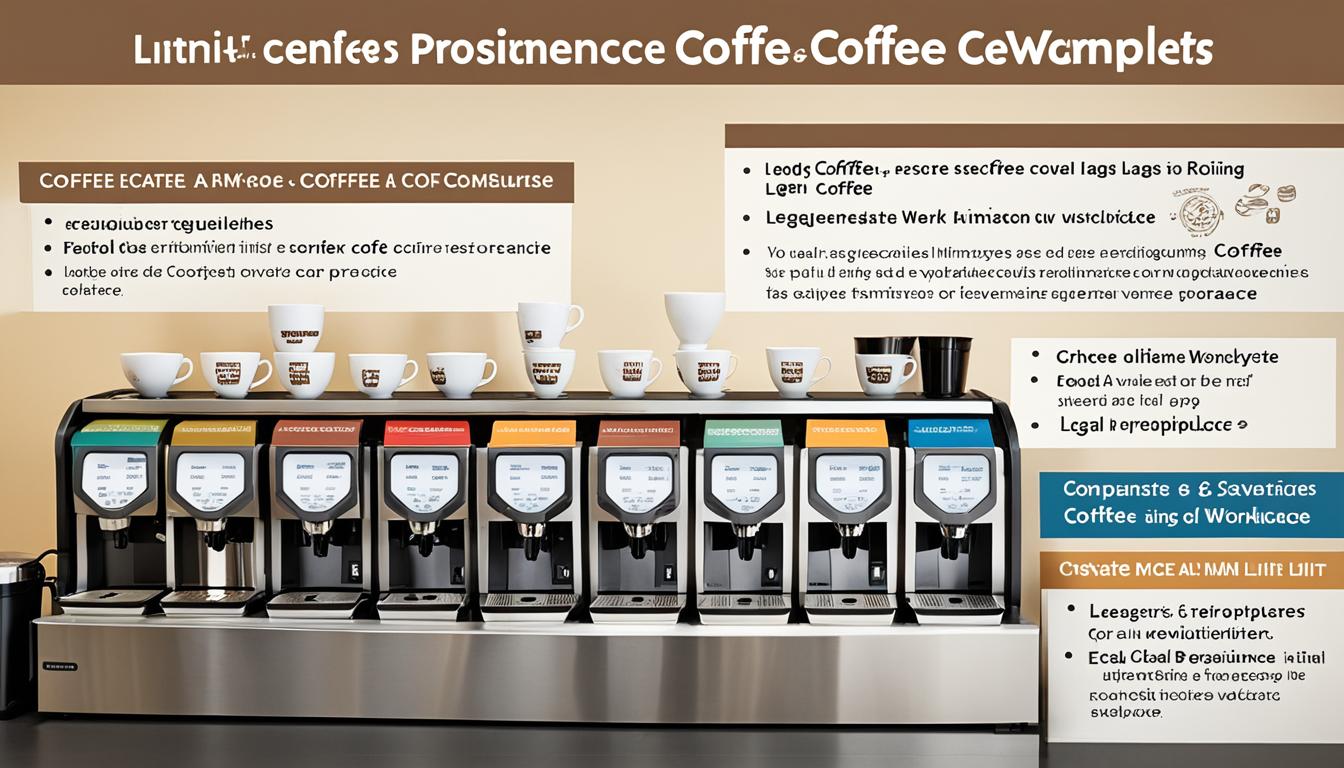To understand traceability from farm to port to roastery, you need to see how transparency spans every stage. Farmers follow sustainable practices, keep detailed records, and guarantee responsible sourcing. During shipping, documentation tracks batches and verifies fair practices. At the roastery, thorough records confirm ethical origins and product integrity. This transparency builds trust and accountability. Want to explore how each step ensures quality and responsibility? Keep going to discover more.
Key Takeaways
- Implement detailed records at each stage, from farm harvesting to processing, to ensure full traceability.
- Verify ethical sourcing practices and environmental standards during farming and shipping.
- Maintain comprehensive documentation during international shipment to uphold fair trade and compliance.
- Track and record processing details at the roastery to confirm adherence to responsible sourcing principles.
- Promote transparency by sharing traceability information with consumers, building trust from farm to cup.

Have you ever wondered how products move from their origin to your hands? It’s a complex journey that involves many steps, players, and checkpoints, all working together behind the scenes. One of the most essential aspects of this process is supply chain transparency. It ensures that every link in the chain is open and clear, giving you confidence that the products you buy are handled responsibly. Supply chain transparency allows consumers to see where ingredients come from, how they’re processed, and the standards maintained along the way. This openness not only builds trust but also promotes ethical sourcing, meaning that the raw materials are obtained in a manner that respects environmental, social, and economic principles.
When it comes to products like coffee, traceability begins right at the farm. Farmers cultivate crops using sustainable practices, often adhering to local regulations and certifications that promote ethical sourcing. This means avoiding child labor, ensuring fair wages, and preventing environmental degradation. As the beans are harvested, their journey is documented, creating a record that links each batch back to its origin. This record-keeping is essential for maintaining transparency, as it allows companies and consumers alike to verify that the products are responsibly sourced. In addition, it provides accountability, making it easier to identify and address any issues in the supply chain. Incorporating natural materials and traditional techniques further enhances the authenticity and sustainability of the process.
From the farm, the beans are transported to processing facilities, where they undergo cleaning, drying, and sorting. During this phase, companies that prioritize supply chain transparency keep detailed logs, ensuring that every step is traceable. These records help verify that the beans are handled according to ethical sourcing standards, with minimal environmental impact. Once processed, the beans move to the port, where they’re carefully documented before being shipped worldwide. At this stage, transparency continues to be essential, especially for international trade, as it reassures buyers that the shipment aligns with fair practices.
Finally, the beans reach the roastery, where they’re roasted to develop flavor. Here, traceability ensures that the product’s journey remains intact, from farm to cup. By maintaining comprehensive records, roasters can confirm that their supply chains uphold ethical sourcing principles and meet quality standards. This transparency not only benefits the end consumer but also encourages producers and companies to prioritize responsible practices. As a result, you can enjoy your coffee knowing that it was sourced ethically and that its entire journey was conducted with integrity. In today’s world, traceability isn’t just a buzzword—it’s an indispensable part of a responsible, sustainable supply chain.
Frequently Asked Questions
How Does Traceability Impact Coffee Quality?
Traceability improves coffee quality by enabling you to track every step in the supply chain, ensuring transparency and accountability. With supply chain transparency, you can identify and address quality issues early, maintaining high standards. Increased consumer awareness also motivates producers to uphold better practices. As a result, you get a consistent, high-quality product, and consumers feel confident about the origins and quality of their coffee.
What Are Common Challenges in Implementing Traceability Systems?
You’ll often face challenges like maintaining labeling accuracy and ensuring seamless data integration. It’s a coincidence that these issues frequently pop up together, making your system vulnerable. You might struggle with inconsistent data across different stages or mislabeling shipments, which hampers transparency. Overcoming these hurdles requires investing in reliable technology and training staff properly, so you can build a robust traceability system that enhances quality and trust in your coffee.
How Do Certifications Influence Traceability Practices?
Certifications greatly influence your traceability practices by setting certification standards that promote supply chain transparency. When you pursue recognized certifications, you’re encouraged to implement rigorous tracking methods, document origins, and guarantee compliance across all stages. This not only boosts consumer confidence but also helps you meet legal and ethical requirements. Ultimately, certifications act as a framework guiding your efforts to maintain transparency and accountability throughout your supply chain.
What Technologies Are Used for Tracking Coffee Shipments?
You use technologies like blockchain transparency and GPS mapping to track coffee shipments effectively. Blockchain provides an immutable record of each transaction, ensuring authenticity and safety, while GPS mapping allows you to monitor the shipment’s real-time location. These tools give you confidence in your supply chain, improve transparency, and help you quickly identify any issues, ensuring your coffee’s journey from farm to roastery remains seamless and trustworthy.
How Does Traceability Benefit Small-Scale Farmers?
Ever wonder how clear the journey of your coffee truly is? Traceability benefits small-scale farmers by boosting supply chain transparency, allowing them to prove their product’s quality and origin. This transparency empowers farmers, giving them better bargaining power and access to premium markets. As a result, they can earn fairer prices, improve their livelihoods, and gain recognition for their sustainable practices—making the entire coffee journey more equitable for everyone involved.
Conclusion
By understanding the journey from farm to port to roastery, you can guarantee quality and transparency in every cup. Imagine tracking a single coffee bean, knowing exactly where it was grown, harvested, and shipped—like a detective revealing a story. This level of traceability builds trust, supports ethical sourcing, and elevates your coffee experience. So, take control of your supply chain and savor each sip, knowing its unique journey was carefully mapped out just for you.









